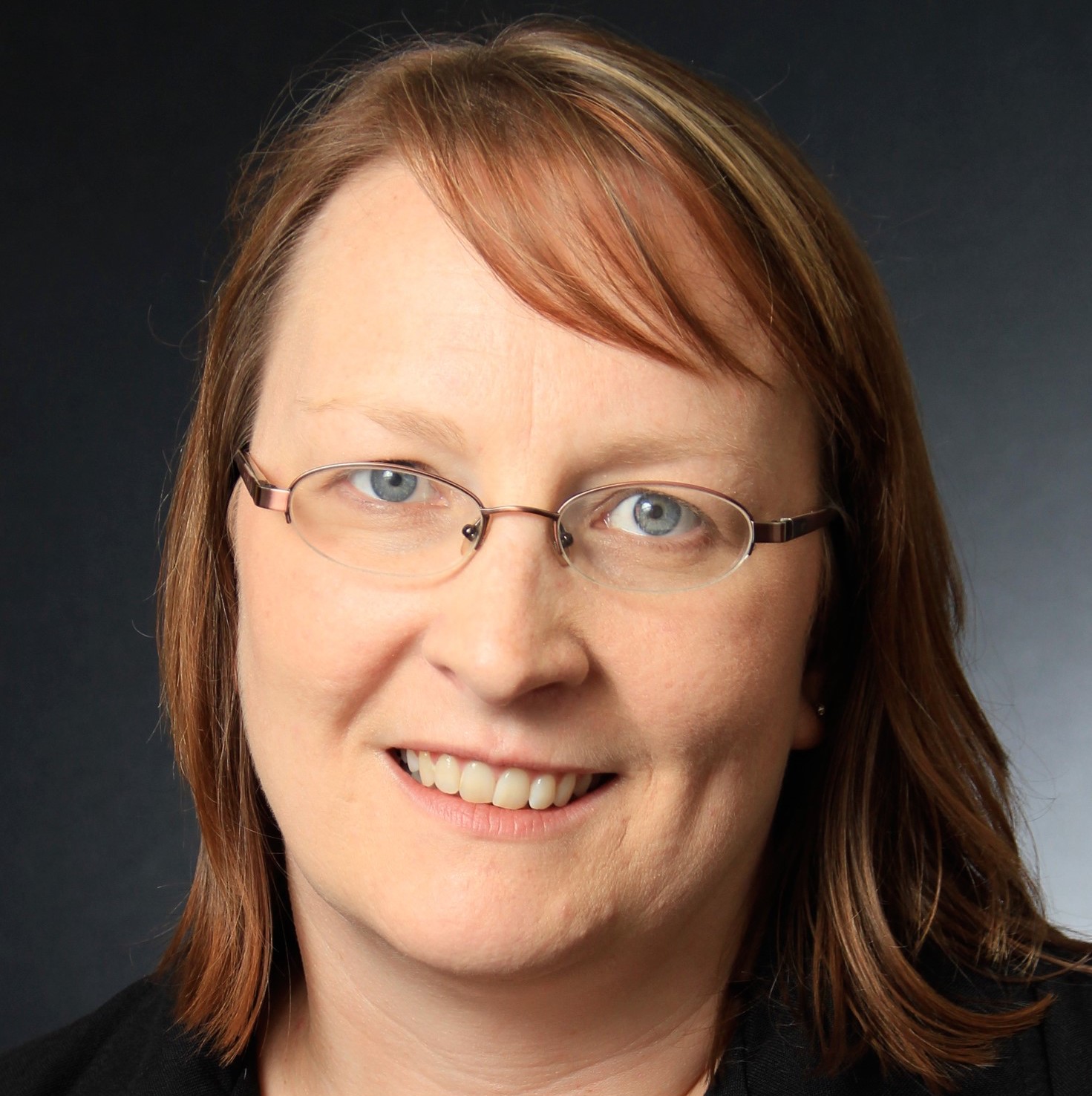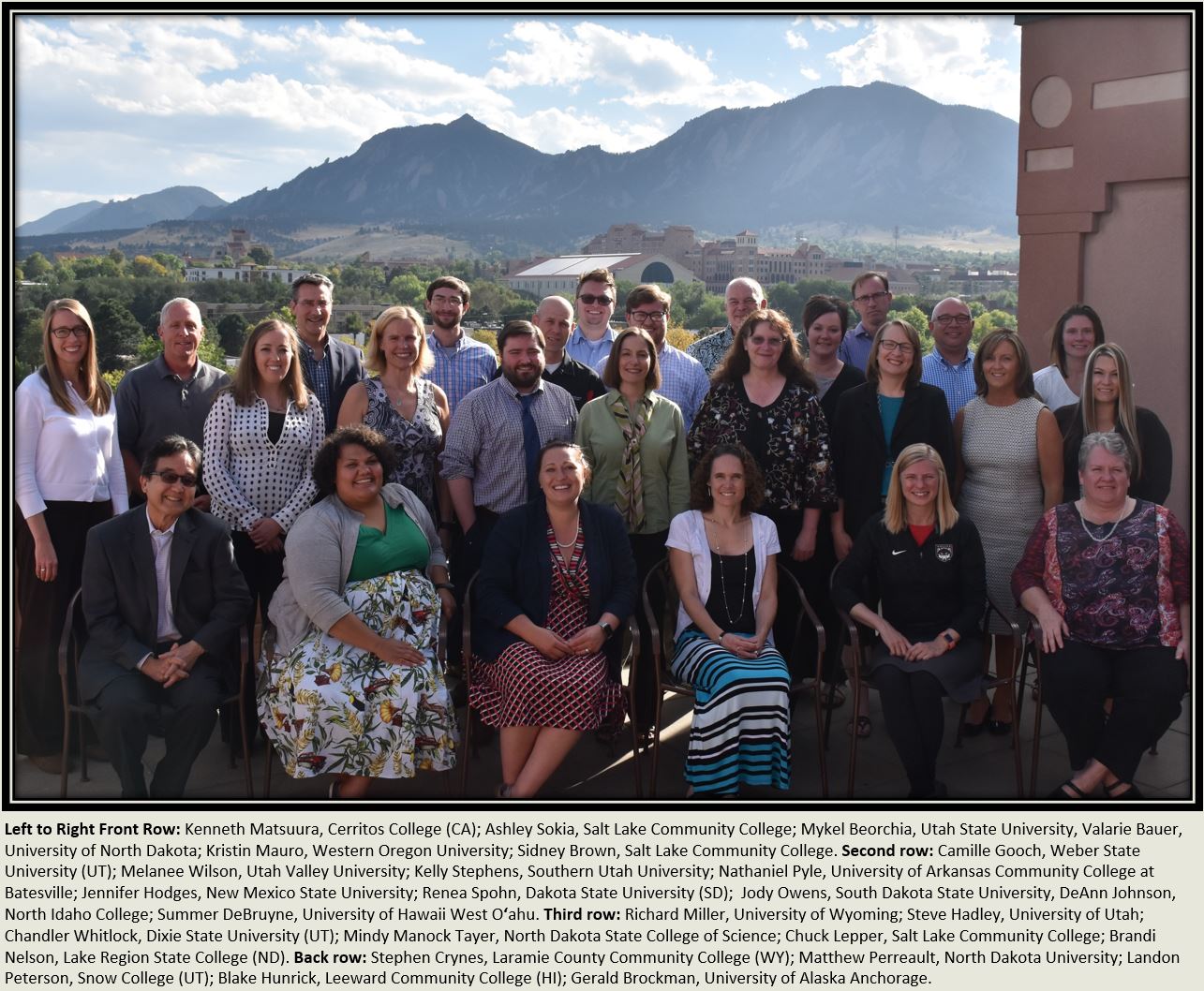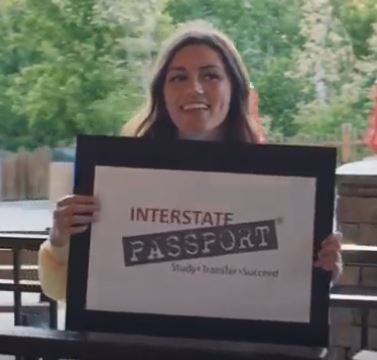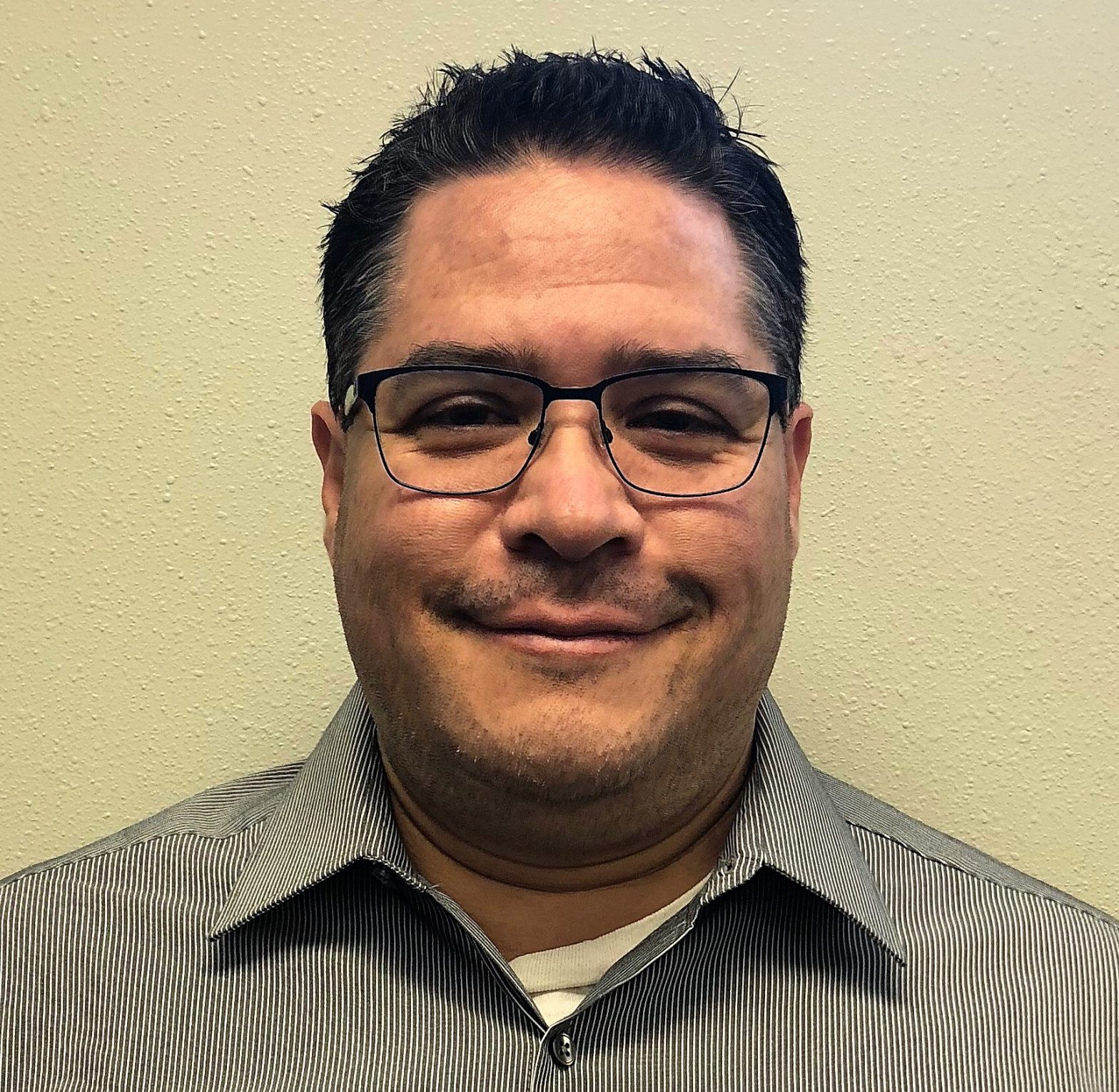Wednesday, November 14th, 2018 at 12:00pm MT
The University of Utah and Lake Region State College (ND) have completed preparation to implement the Interstate Passport. This webinar will describe the scripts and processes used by UU and LRSC to complete tasks in the PeopleSoft student information system. These solutions include (1) identifying students that meet the requirements to earn a Passport; (2) creating the process to submit the list of Passport students to NSC; (3) creating the process to identify new transfer students and send that list to NSC to confirm students that have the Passport; (4) processes to enter the Passport into PeopleSoft to appear on the transcript so that degree audits systems can show lower-division general education requirements as complete.
Speakers
Dan Johnson, Registrar, Lake Region State College (ND)
Dan Johnson is the Registrar at Lake Region State College in Devils Lake, North Dakota. He joined the faculty of Lake Region State College in 1968 where he has served in various positions in financial aid, admissions, student affairs, and student records in addition to teaching mathematics. Johnson is active in several professional organizations, including the North Dakota Council Teacher of Mathematics, the North Dakota Mathematics Association of Two-Year Colleges, the North Dakota Association of Financial Aid Administrators, the Rocky Mountain Association of Financial Aid Administrators, the National Association of Financial Aid Administrators, NDACRAO, UMACRAO, and AACRAO. He received his BA at the University of North Dakota MS from Minnesota State University – Moorhead and has completed additional graduate work at Rutgers-the State University and the University of North Dakota.
Timothy Ebner, University Registrar, University of Utah
Timothy Ebner has been serving as the University Registrar at the University of Utah in Salt Lake City since January of 2006. He has worked in this profession for 38 years, beginning in the fall of 1980 serving as Assistant Registrar at the Elkhorn Valley Campus of Metropolitan Community College in Omaha, Nebraska. He has also served at three other institutions including Quincy University in Illinois, Midland University in Nebraska, and Boise State University in Idaho. Ebner received his Bachelor’s degree in Music Education from the University of Nebraska at Kearney and his Master’s degree in College Student Personnel from the University of Nebraska at Omaha.
Andrea Ronér, Associate Registrar, University of Utah
Andrea Ronér began working for the University of Utah in July 2006. She has worked in various roles in the Registration & Records Division and was promoted to Associate Registrar, Student Systems and Technology in 2014. Ronér leads and analyzes business processes for all projects related to PeopleSoft CS, Portal and custom web applications for the Registrar’s Office (e.g. PeopleSoft upgrade to CS 9.2, Implementation of Dynamic Dating/Wait List, Class Demand Report, etc.) She graduated with a BS in Management from the University of Utah and MS in Management Information Systems from the University of Arizona.



